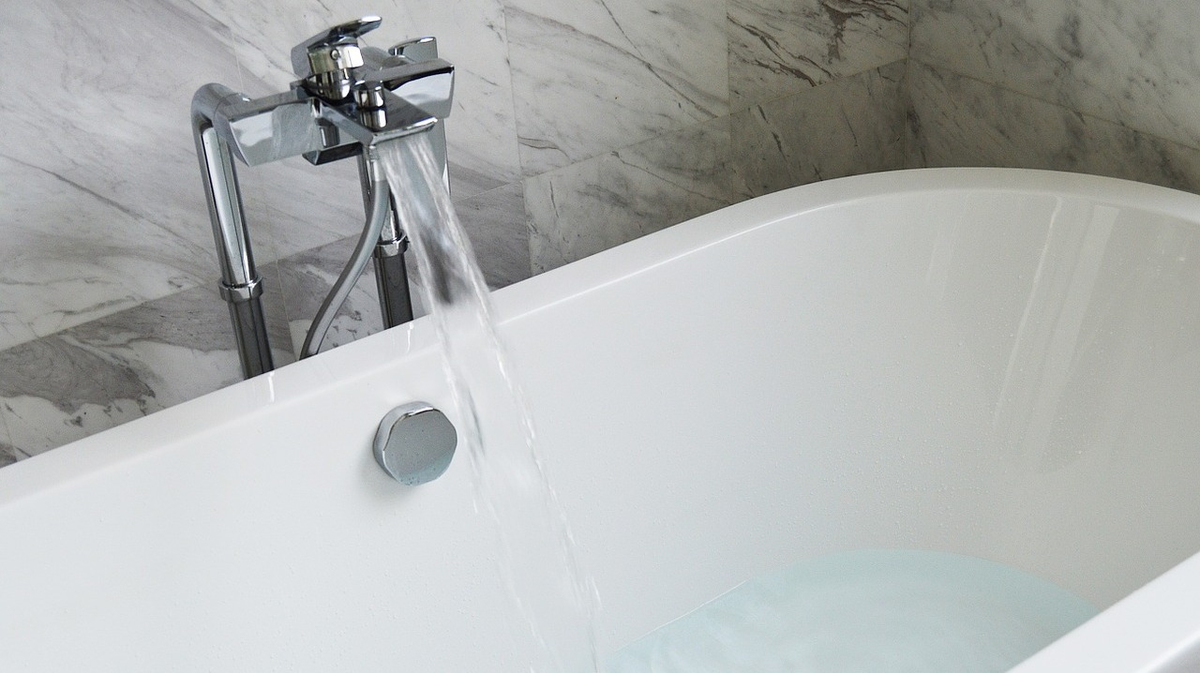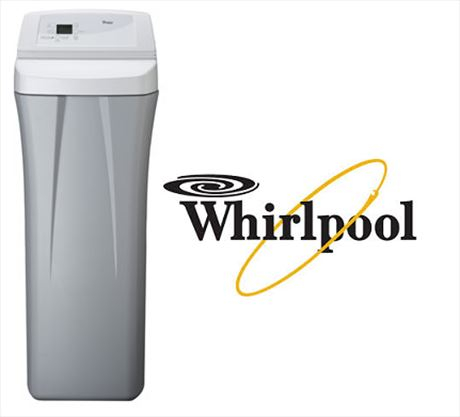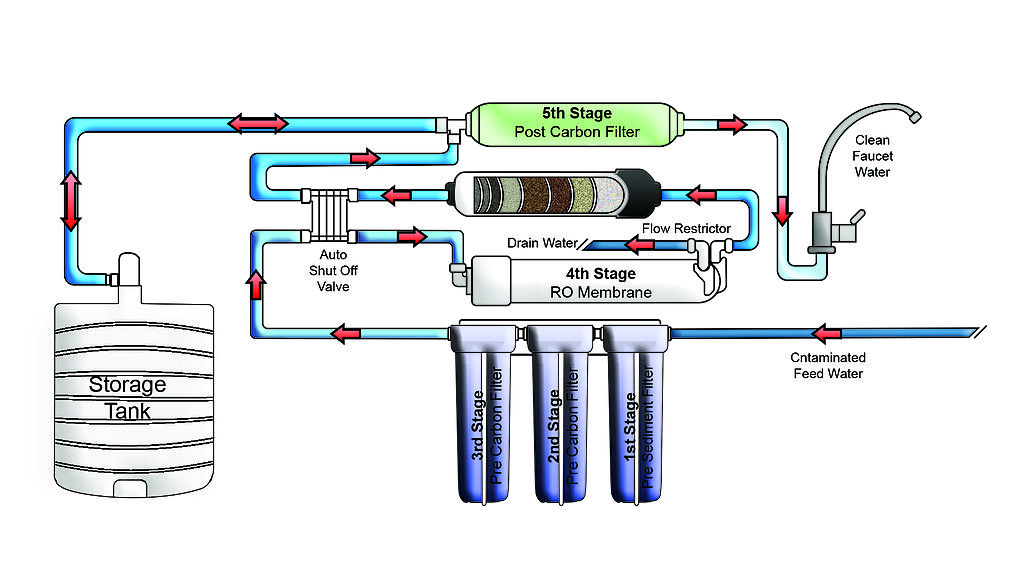Soap scum and residue buildup in pipes is another common problem caused by hard water. The minerals in hard water, particularly calcium and magnesium, react with soap to form insoluble compounds that cling to surfaces, creating a stubborn residue known as soap scum. This buildup can clog pipes, reduce water flow, and lead to various plumbing issues. Understanding the problem and how to eliminate it can help maintain the efficiency and longevity of your plumbing system.
The Problem: Soap Scum and Residue Buildup
Formation of Soap Scum: When hard water mixes with soap, it forms soap scum, a filmy residue that adheres to surfaces such as shower walls, sinks, and inside pipes. This reaction occurs because the minerals in hard water bind with the fatty acids in soap, creating an insoluble substance that does not dissolve easily in water. According to The Spruce, soap scum can be a persistent and challenging problem to remove.
Clogged Pipes: Over time, soap scum and residue can accumulate inside pipes, restricting water flow and leading to clogs. This buildup can create blockages that affect the performance of your plumbing system, resulting in reduced water pressure and slower drainage. If left untreated, severe clogs can cause pipes to back up and overflow, potentially causing water damage to your home.
Increased Maintenance: The presence of soap scum and residue in pipes necessitates more frequent cleaning and maintenance. Homeowners may need to use chemical drain cleaners or mechanical tools to clear clogs, which can be time-consuming and potentially damaging to the plumbing system. Regular cleaning is essential to prevent buildup and maintain proper water flow.
How Water Softeners Eliminate Soap Scum
Reduction of Minerals: Water softeners are highly effective in preventing the formation of soap scum by removing the calcium and magnesium ions from the water. These systems use a process called ion exchange to replace the hardness minerals with sodium or potassium ions, resulting in softened water that does not react with soap to form scum. The Water Quality Association explains that softened water can significantly reduce the incidence of soap scum and residue buildup in pipes.
Improved Cleaning Efficiency: With softened water, soap lathers more easily and rinses away cleanly, leaving behind little to no residue. This not only makes cleaning easier but also reduces the amount of soap and cleaning products needed. According to Consumer Reports, households with water softeners often experience improved cleaning efficiency and reduced soap usage.
Prolonged Pipe Lifespan: By preventing the buildup of soap scum and residue, water softeners help maintain the integrity of your plumbing system. Pipes remain clear, reducing the risk of clogs and blockages. This can extend the lifespan of your plumbing system and reduce the need for costly repairs and maintenance.
Enhanced Overall Hygiene: Softened water not only benefits your plumbing system but also improves overall hygiene. With fewer residues left behind, surfaces stay cleaner for longer periods, contributing to a healthier living environment. This is particularly important in kitchens and bathrooms, where cleanliness is paramount.
Regular Maintenance and Descaling: While water softeners are highly effective, it is still important to perform regular maintenance on your plumbing system. Periodically flushing pipes with descaling solutions can help remove any early-stage buildup and keep your pipes in optimal condition. Following the manufacturer’s recommendations for water softener maintenance ensures continued efficiency and effectiveness.
By understanding the problem of soap scum and residue buildup in pipes and implementing the use of water softeners, homeowners can maintain a clean and efficient plumbing system. Water softeners offer a proactive solution to the challenges posed by hard water, ensuring that your pipes remain clear and your home stays clean and hygienic.














